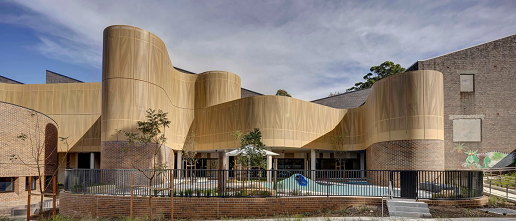As the COVID-19 epidemic in Taiwan stabilizes, the Singapore government announced that starting from August 8th, travelers who have been in Taiwan for at least 21 days before departing for Singapore, must undergo PCR nucleic acid testing at the airport upon arrival. If their PCR test result is negative, they do not have to isolate at home. After the outbreak of the local epidemic in Taiwan in mid-May, the Singaporean authorities immediately implemented stricter border control measures for travelers arriving from Taiwan. After arrival, passengers must undergo PCR testing and must be quarantined for 14 days and do another PCR test before the end of their quarantine.
Taiwanese passengers are exempted from quarantine if they have a negative PCR test result. Photo/Retrieved from Shutterstock
The Ministry of Health of Singapore (新加坡衛生部) stated that starting from August 8th, passengers who have stayed in Taiwan for the past 21 days, may apply for an Air Travel Pass (ATP, 航空通行證) and enter Singapore on or after August 12 but they must take a PCR test at the airport. If the test result is negative, there is no need for them to quarantine for 14 days and they may go about their activities freely.
0809.jpg) If the PCR test result is negative, there is no need to quarantine for 14 days and travelers may freely move around. Photo/Retrieved from Shutterstock
If the PCR test result is negative, there is no need to quarantine for 14 days and travelers may freely move around. Photo/Retrieved from Shutterstock
Read More: "5x Stimulus Vouchers" will be launched at the end of September
Currently, Singapore authorities allow short-term stays only for travelers from Brunei, China (except Jiangsu Province), New Zealand and Taiwan to apply for air passes to enter Singapore.

0809.jpg)





